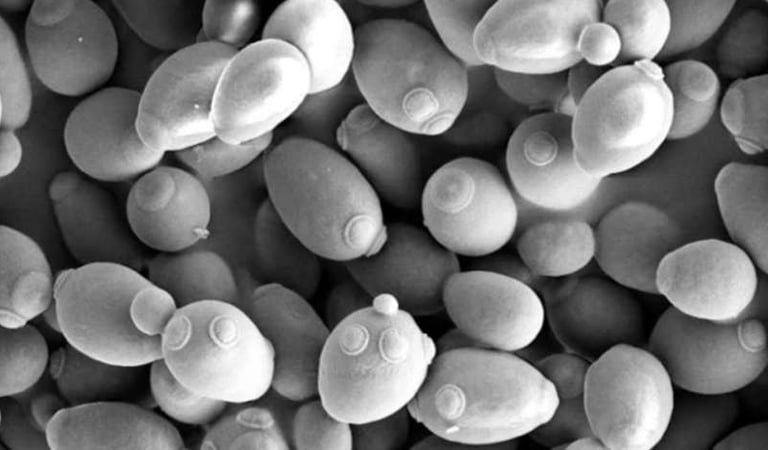Researchers Utilize 'Killer' Yeast to Combat Brewing Contamination
BIOTECHNOLOGY
9/26/2024
Secondary fermentation caused by Saccharomyces cerevisiae var. diastaticus (diastatic yeast) has become a nightmare for craft brewers due to its production of extracellular glucoamylase, which can lead to flavor changes, increased alcohol content, hyperattenuation, foaming, and even spontaneous packaging explosions. To address this issue, researchers from the American Society for Microbiology have found a solution by utilizing S. cerevisiae strains capable of producing antifungal proteins, known as "killer" yeasts. In a study published in Applied and Environmental Microbiology in September 2024, the researchers demonstrated that 91% of diastatic yeast strains are susceptible to these antifungal toxins. After screening 192 "killer" yeast strains, they identified a much stronger toxin that can inhibit up to 95% of diastatic yeast strains. Moreover, brewing experiments with the addition of "killer" yeasts effectively prevented hyperattenuation caused by diastatic yeast contamination. This discovery offers a promising supplementary solution for reducing the negative impacts of diastatic yeast contamination, alongside maintaining proper equipment and worker sanitation


